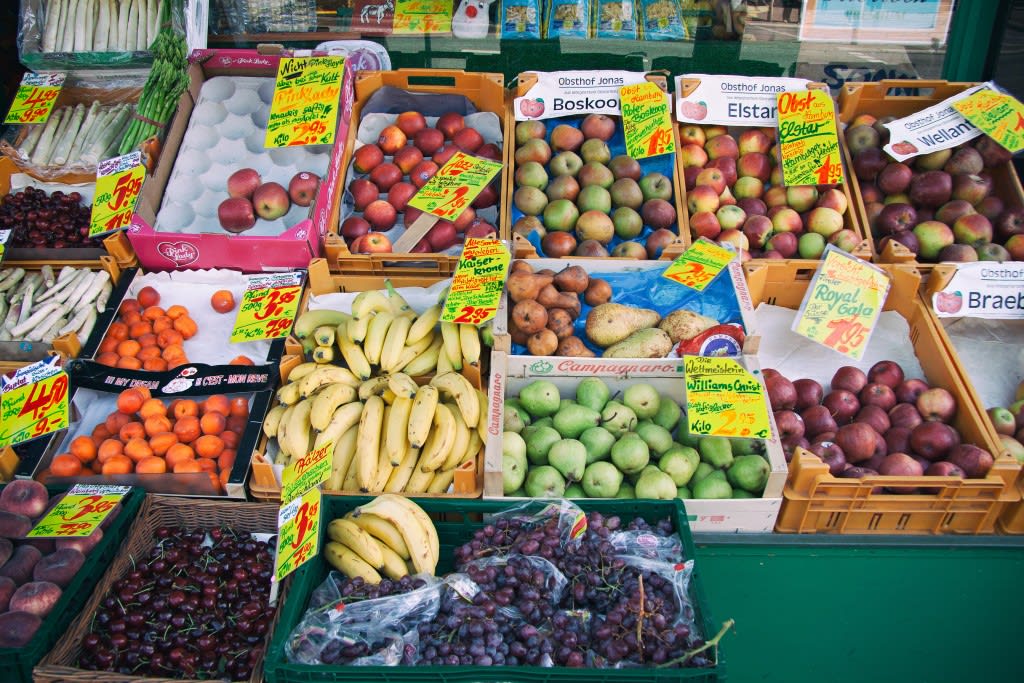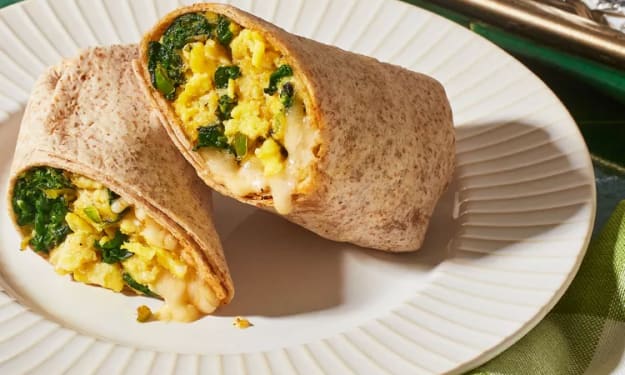Nine Vitamins, Minerals and Other Nutrients Important for Better Exercise Performance
Improve your exercise program with these vital nutrients.

It’s no secret that solid nutrition is vital to good overall health. If you’re an avid exerciser, though, your nutrition needs go up, with key nutrients playing an important role in recovery and making your workout program more effective.
Antioxidants – Vitamins C and E
Working out, while paramount for a healthy lifestyle, does cause elevated aerobic metabolism (oxidation), which causes free radical damage, leading to healthy cell destruction.
Couple that with other factors that cause free radical damage, such as smoking, pollution, and alcohol consumption, and conditions like diabetes, cancer, heart disease and faster aging may occur.
Vitamins such as C and E are antioxidants, and play an important role in free radical protection.
Therefore, it’s a good idea to eat foods high in vitamin C, such as oranges, strawberries, bell peppers, kale and kiwis, and vitamin E – sunflower seeds, almonds and peanut butter.
Plus, supplement the diet with 500 mg vitamin C and 400 IU E–d-alpha tocopherol, the natural form.
Coenzyme Q10
One of the side effects of statin drugs (Pravastatin, Atorvastatin and Pitavastatin), which are used to lower high cholesterol levels, is the depletion of CoQ10, a natural antioxidant synthesized by the body and found in many foods.
It comes in two forms: ubiquinol, the active antioxidant structure, and ubiquinone, the oxidized form, which the body partially converts to ubiquinol.
CoQ10 is important in energy production, helping you last longer in the gym. It also plays a vital role a role in circulatory and heart health.
Foods high in CoQ10 are beef, sardines, mackerel, spinach, broccoli and cauliflower.
Because it’s believed by many health authorities that only about 2 to 5 mg of CoQ10 is delivered through food daily, it’s not enough to sustain adequate blood levels of the nutrient.
Many nutritionists suggest CoQ1o supplementation of 100 mg to 200 mg a day with meals because it’s fat soluble, meaning that it needs fat to help in absorption.
B Vitamins (B6 and B12, thiamin, riboflavin and folate)
If you’re feeling a little sluggish at the gym, it could be because you’re lacking B vitamins. The body uses these micronutrients to convert protein and sugar into energy and red blood cells.
Athletes with low levels of B vitamins performed poorly during high-intensity exercise, according to research published in the International Journal of Sport Nutrition and Exercise Metabolism.
Foods high in B vitamins are tuna, black beans, lentils and peanuts.
Furthermore, stress causes depletion of these water-soluble (lost through urine) vitamins. So, it’s recommended that you supplement your diet with at least 25-50 mg a day (a good multivitamin should cover all your needs).
Calcium
Calcium does more than build healthy, strong bones and teeth. It’s also important in muscle contraction and relaxation.
Every time a muscle is about to contract, calcium is rushed into the muscle fiber, permitting it to shorten. When it relaxes, calcium is pumped out.
A shortage of this bone-building mineral will cause your muscles to suffer from unexpected twitching, cramps and fatigue, all of which reduce your performance at the gym.
Foods high in calcium include milk, yogurt, leafy greens, beans and almond milk.
Supplementing the diet with 500 to 1000 mg daily is recommended.
Magnesium
Magnesium plays a number of important roles in the body, from more than 325 enzymatic reactions, including those involved in the synthesis of fat, protein and nucleic acids, to neurological activity, muscular contraction and relaxation, cardiac activity and bone metabolism.
Furthermore, magnesium is essential in both anaerobic and aerobic energy production, particularly in the metabolism of adenosine triphosphate (ATP), the energy catalyst of the body.
Therefore, lacking in this mineral will surely weaken athletic performance.
Foods high in magnesium include roasted pumpkin seeds, almonds, Brazilian nuts, sesame seeds, roasted, salted peanuts and walnuts.
When supplementing with magnesium, it’s best to do it with a 2:1 ration to calcium (1000 mg of Cal, 500 mg of Mag).
Potassium
Feel like banana? If you’re participating in endurance activities, such as running and biking, it’s crucial, as the potassium in it works with sodium to help your muscles and nerves work properly while nullifying cramps and speeding up the recuperation process.
Foods high in potassium include sweet potatoes, bananas, avocados and tuna. There shouldn’t be a need to supplement your diet if you eat the above-mentioned foods.
Iron
An hour of lifting weights could deplete 5.7 percent of your supplies of this mineral, which helps red blood cells transport oxygen to muscles. Losing too much of your stores may result in iron-deficiency anemia, which causes fatigue and crushes your endurance during lengthy exercise sessions.
If you’re a premenopausal female, it’s even more important as you lose various amounts through your menstrual cycle.
Zinc
Recent research from the United States Department of Agriculture found that low levels of zinc reduces cyclists’ oxygen uptake, leading them to run out of gas more quickly. Zinc also plays a role in sugar metabolism, which plays a factor in energy production.
Foods high in zinc include red meat, chickpeas, pumpkin seeds and quinoa.
Supplementing the diet with 50 mg of zinc a day will help you avoid any deficiencies.
About the Creator
Jerry Del Priore
Veteran print and digital Sports Writer-Reporter-Author who's covers high school, college and professional sports.
Additionally, I have a book, Running Through Roadblocks. Plus, Food Writer/Blogger experienced in venue write-ups and reviews.





Comments
There are no comments for this story
Be the first to respond and start the conversation.